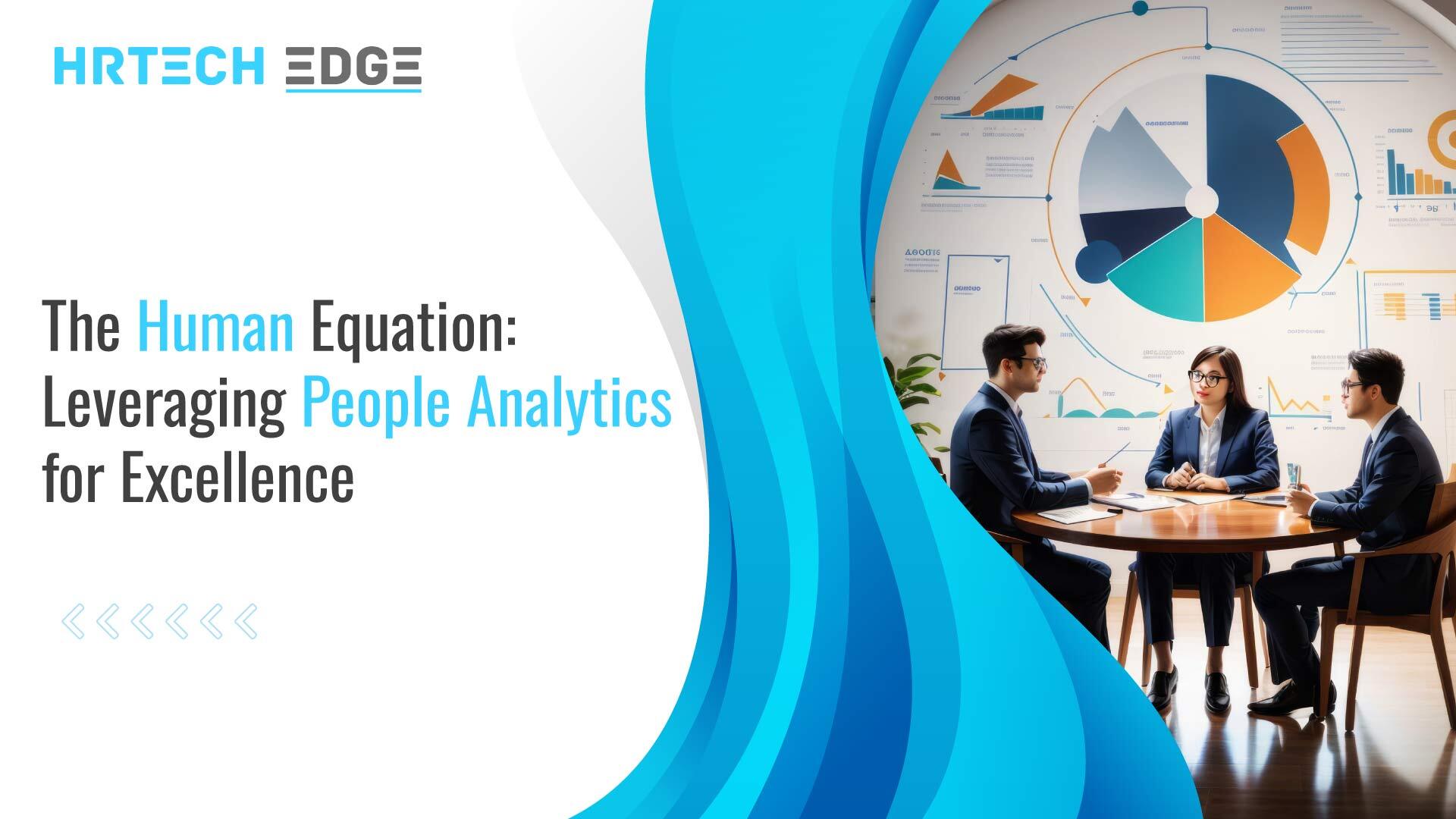The modern workplace is transforming, and at the heart of this evolution lies a powerful concept– People Analytics. Data drives decision-making across industries, and organizations recognize the invaluable insights that can be gleaned from analyzing the human factor within their ranks. In the competitive landscape, merely having a skilled workforce is not enough. Effectively harnessing people analytics impacts recruitment, employee engagement, and overall organizational performance.
This blog defines the scope of people analytics that form the bedrock of the transformative approach to human resources.
Why Is People Analytics Important?
To understand its importance, you need to gauge what is people analytics? At its core, people analytics involves the systematic use of data to enhance an organization’s workforce management and decision-making processes. You can optimize recruitment processes, improve talent management, and foster a workplace culture that enhances employee satisfaction and retention. It helps you anticipate future talent needs, identify skill development areas, and improve workforce planning. Leveraging people analytics enables you to understand the present state of your workforce and manage the future of work.
The Power of People Analytics
The role of people analytics in organizational success is multifaceted, playing a pivotal role in optimizing various aspects of the workforce. More than 70% of companies now say they consider people analytics to be a high priority (Harvard Business Review). One aspect is its influence on recruitment and talent acquisition. By leveraging predictive analytics and data-driven insights, you can refine your hiring process, identify suitable candidates, and build a workforce that aligns with your company’s goals and values.
Secondly, people analytics contributes to employee engagement and retention strategies. You can analyze data related to employee feedback and performance that contribute to engagement and take targeted actions to enhance the workplace experience. It leads to higher retention rates, increased productivity, and a positive organizational culture. People analytics also plays a vital role in performance management, facilitating real-time feedback and ensuring employees contribute to their roles and the organization’s overarching mission.
Ethical Considerations in People Analytics
Ethical considerations in people analytics are paramount as you navigate the ethical concerns revolving around privacy and data security. As you collect and analyze vast amounts of personal and sensitive employee data, it becomes imperative to establish robust safeguards to protect individual privacy. Transparent communication about data collection practices, the purpose of analytics, and ensuring compliance with data protection regulations are critical for mitigating privacy risks.
Another ethical consideration is the potential for bias in people analytics. If not managed carefully, workforce analytics exacerbate existing recruitment, performance evaluation, and decision-making biases. You must identify and address biases within your data sets and algorithms, ensuring fairness and equity in HR practices. It involves regular audits of analytics models, training of HR professionals on recognizing and mitigating biases, and a commitment to diversity and inclusion to prevent historical disparities.
People Analytics & Future of Work
The future of people analytics is poised for advancements driven by emerging technologies and evolving organizational needs. AI and ML are expected to play a central role, enabling sophisticated predictive analytics and insights. As algorithms become more adept at identifying patterns and correlations within colossal datasets, you can foresee workforce trends and talent needs and proactively make strategic decisions. Additionally, AI-powered chatbots and virtual assistants will assist in employee interactions, providing personalized support and answering HR-related queries, enhancing employee experience.
Integrating people analytics with broader business analytics will create a holistic approach to organizational decision-making. The convergence of HR data with operational and financial data will show how workforce dynamics impact overall business performance. The integration will allow you to align human capital strategies with business objectives, contributing directly to achieving your business goals.
Conclusion
Powered by people analytics, the fusion of data and human insights empowers you to make informed, strategic decisions that transcend traditional HR practices. The “Human Equation” encapsulates the symbiotic relationship between data and humanity and catalyzes organizational excellence. Embracing people analytics will allow you to understand the present and navigate the future with clarity, agility, and a profound understanding of the people at the heart of their success.
Source
Better people analytics: Measure who they know, not just who they are. Harvard Business Review. (2018, October 23). https://hbr.org/2018/11/better-people-analytics




